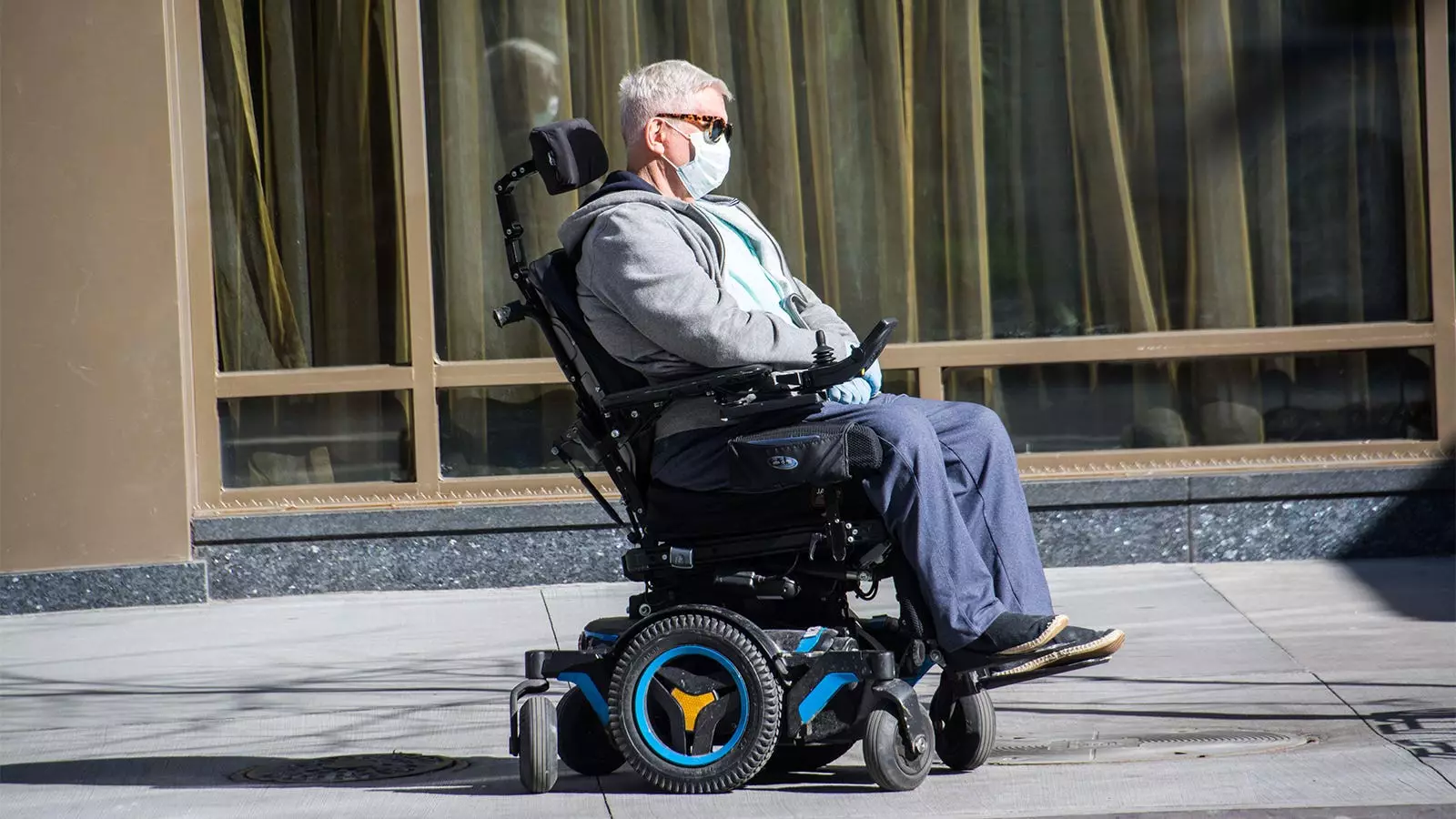In a contentious legal landscape where public health and personal freedoms frequently clash, a significant battle is unfolding in suburban New York. A newly imposed ban on masks—except under specified health and religious exemptions—by Nassau County has drawn the attention of Disability Rights of New York, a prominent disability advocacy organization. The organization argues that the ban infringes on constitutional rights and disproportionately affects individuals with disabilities, raising alarming questions about the balance between public safety and personal rights.
The core of the legal challenge lies in a class action lawsuit that seeks to halt the immediate enforcement of the so-called Mask Transparency Act. This act, implemented by the County Legislature, has been met with criticism not only for its broad mandates but also for the potential ramifications it poses for individuals who rely on mask-wearing for their health and safety. The lawsuit highlights the plight of individuals who utilize medical-grade face coverings to navigate the world safely, emphasizing the discriminatory impact the ban could impose.
The lawsuit features two plaintiffs, including a resident identified only as G.B., who has faced distress and harassment as a result of the new law. G.B. has endured inquiries about their health status from strangers, revealing an uncomfortable truth: the law does not only restrict behavior but creates an atmosphere where individuals are scrutinized and judged based on their health conditions. These experiences serve to amplify the stakes involved—not just for the plaintiffs but for an entire community of individuals with disabilities who face similar fears of ostracism or legal repercussions while simply taking precautions to maintain their health.
As articulated by Timothy A. Clune, the executive director of Disability Rights of New York, the mask ban poses not just a legal challenge but a profound public health risk. The fear of harassment or even arrest for wearing a mask paves the way for increased vulnerability among those with disabilities. G.B., who lives with cerebral palsy and asthma and requires a wheelchair, exemplifies the intersection of these issues and the need for lawmakers to reconsider how their actions could disproportionately impact marginalized populations.
The Justification Behind the Ban: A Double-Edged Sword?
The justification provided by county officials for the mask ban invokes the context of recent antisemitic incidents linked to individuals wearing facemasks. Republican County Executive Bruce Blakeman, who endorsed the ban, has framed it as a measure to enhance public safety and prevent crime. However, this rationale raises pertinent ethical concerns about how the law may be misapplied, leading to the criminalization of vulnerable populations rather than protecting them.
The law defines a misdemeanor for anyone attempting to conceal their identity in public spaces, underlining a dual focus on safety and crime prevention. But what remains ambiguous is how law enforcement is expected to navigate the gray areas concerning mask exemptions related to health—leaving individuals prone to misinterpretation and potential misconduct by authorities or fellow citizens alike.
What this legal conflict underscores is not merely a clash between health mandates and civil liberties but a pressing need for comprehensive discourse on the rights of individuals with disabilities. As the lawsuit progresses, it serves as a critical reminder that legislation should not come at the expense of marginalized communities. Effective laws should be inclusively crafted to safeguard the dignity and rights of all individuals, particularly those who are often overlooked in broader public policy discussions.
As the community watches this case unfold, it becomes evident that the outcomes may extend far beyond Nassau County’s borders. The case exemplifies a growing understanding of the need for legislative frameworks that embrace rather than hinder, that unify rather than divide. In recognizing and addressing the concerns raised by advocacy groups, regions across the nation may find opportunities to review their policies and ensure they promote a more inclusive environment for all citizens.
This legal battle in Nassau County is not just about masks; it is a potent reflection of our ongoing struggle to harmonize public health with fundamental rights in a way that considers every layer of society.


Leave a Reply